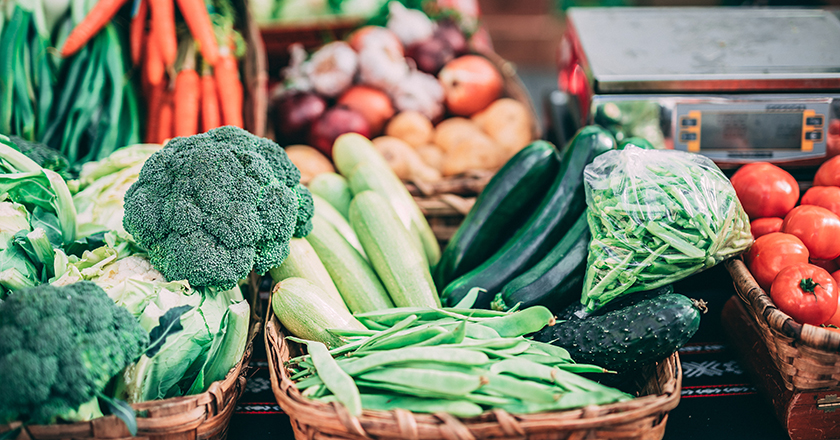Blog
5 Eating Habits To Boost Your Energy
More and more individuals are putting their health first these days. Tech advancements have also revolutionized the way we look at health and wellness, with apps, streamed classes, and fitness wearables dominating the market. However, nutrition is just as essential as exercise — if not more so.
Why is nutrition important?
According to the NPR, over 80% of Americans aren’t eating enough fruits and vegetables. A poor diet might lead not just to nutritional deficiencies, but also to tiredness.

If you’re just getting started with online learning, you’ve undoubtedly come across the connection between nutrition and exercise. Today, being aware of this fact has become as essential as actually exercising, which is why the phrase “Fitness is 70 percent diet and 30 percent gym” is so well-known. This shift in perspective can be observed at all levels of fitness. For clinicians who have taken an online exercise science degree, they understand how nutrition is equally important as exercise prescription and program design. As a result, contemporary instructors will emphasize the significance of nutrition in your plan – whether you’re eating for recuperation or energy.
However, while exercise and a healthy diet go hand in hand, we may not always have the luxury of doing both. This causes an absence of nutrients or activity, making it impossible to recharge and keep moving forward. If left unchecked, this can develop into a self-perpetuating cycle.
It’s better to follow a nutritious diet to naturally increase your energy levels than to grab a cup of coffee and try to recharge.
Here are five eating habits you should adopt to keep you energized throughout the day.




1. Don’t Skip Breakfast
The most essential meal of the day is also known as “breakfast,” for good reasons. Breakfast provides the body with power throughout the day while also maintaining blood sugar levels stable. This also implies that having breakfast will make you feel fuller, which will help you avoid eating junk food. But, of course, this doesn’t imply you should stuff yourself with pancakes or bacon. Instead, choose foods that are rich in protein, such as eggs and oatmeal.
2. Eat Small, Frequently
Instead of eating three big meals a day, try eating lightly every three hours to slowly feed your body with energy. If you’re searching for some quick nibble ideas, consider dark chocolate or avocados! Avocados are also higher in potassium, according to researchers at New York University’s Langone Medical Center. They found that avocados contain greater amounts of potassium than bananas. Overall, remember to fill yourself up with the appropriate nutrients in the right quantity throughout the day.
3. Choose Complex Carbs
Carbohydrates are unfairly maligned, but they are your body’s major source of energy. The goal is to consume complex carbohydrates instead of simple ones. This is due to the fact that complex carbs are digested by the body at a slower rate than simple carbs and distribute the fuel more equally throughout the day. In conclusion, Harvard T.H. Chan School of Public Health advises eating complex carbohydrates such as whole grains, whole-wheat foods, and legumes to balance out your plate.
4. Be Careful with Energy Bars
Don’t be fooled by the name, because energy bars may cause more problems than they prevent. Most energy bars are refined sugar products that are likely to result in a sugar slump. Overindulgence in added sugars, according to a study published on the Open Heart journal, damaged the mitochondria – otherwise known as the cell’s powerhouse – and reduced energy production in the body.
5. Enjoy Each Bite
It’s not just about what you eat and when, but also how. When you hurry your meals, the digestive process is disrupted. This makes it more difficult for your body to break down the nutrients in your food. Not to mention, according to the American Journal of Clinical Nutrition, eating more slowly improves digestion. To this end, chew slowly and, of course, savor your meal.






